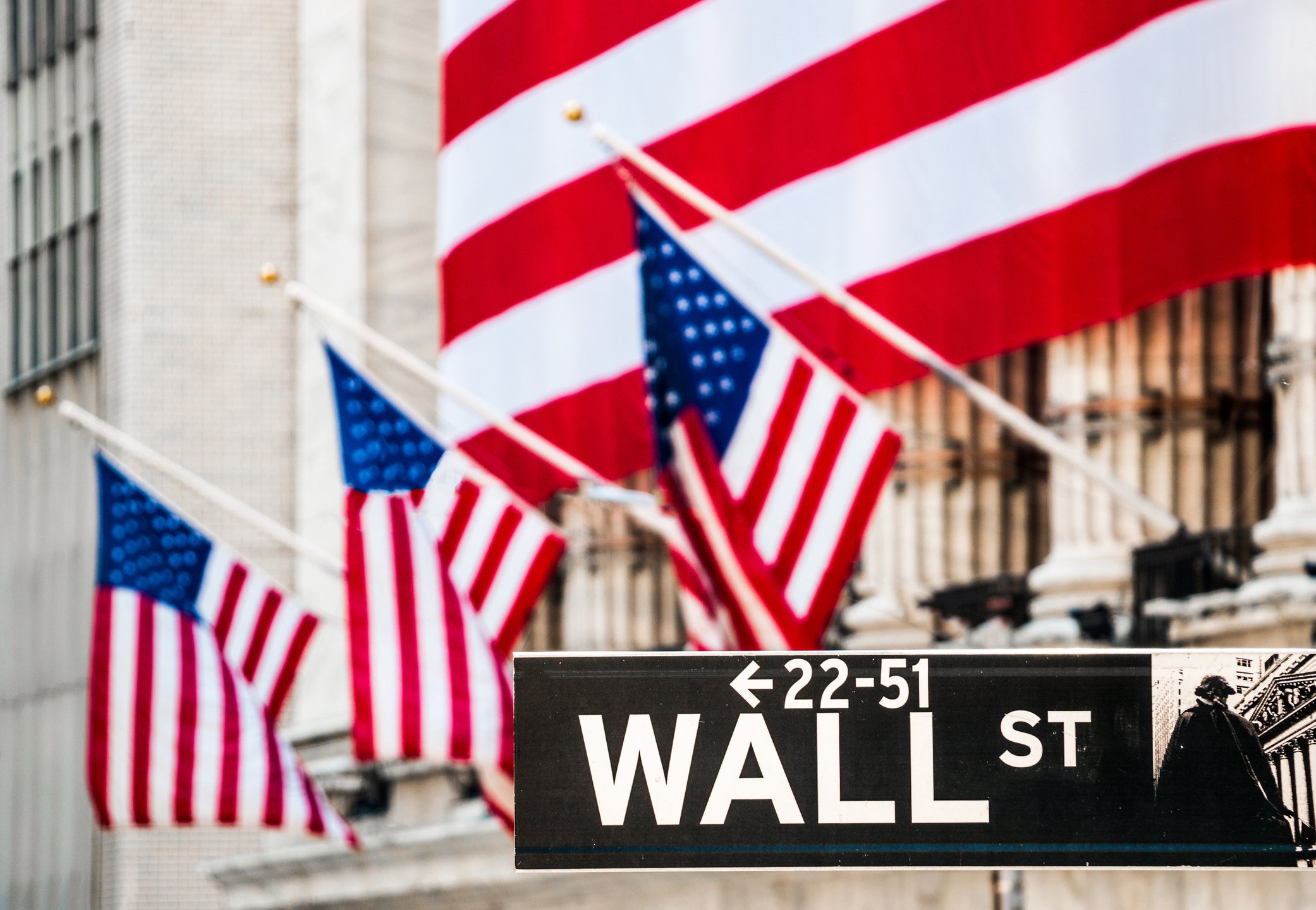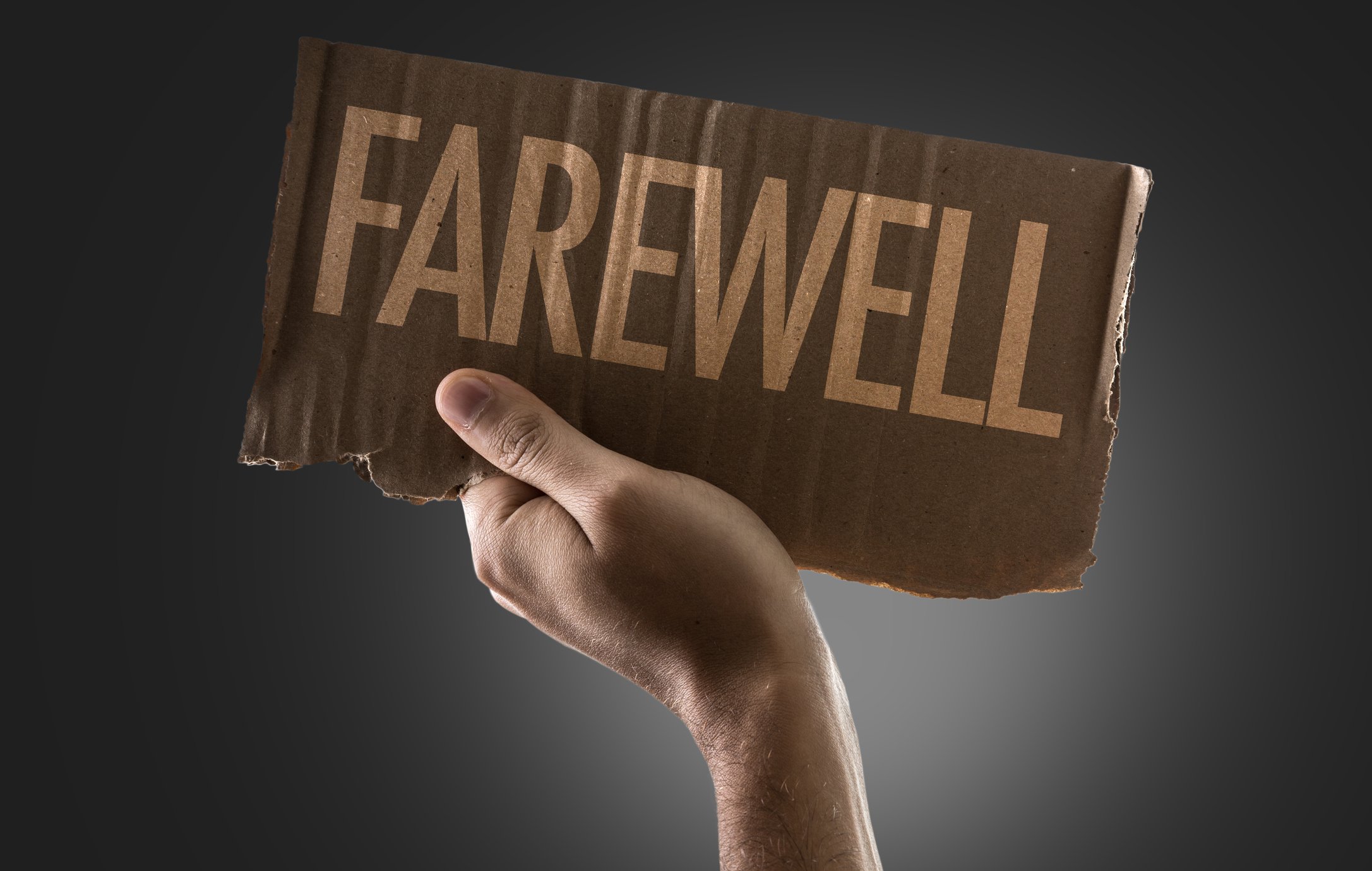2012 has been quite a whirlwind for health care giant UnitedHealth Group (UNH +1.19%). Not only has the company become the newest member of the Dow Jones Industrial Average (^DJI +0.60%), but the company's made moves abroad and faced the coming implementation of the Affordable Care Act's expansive changes to the American health care system. It's an exciting time for this insurance titan, and while UnitedHealth's stock hasn't performed amazingly this year, the company's set itself up nicely for the future.
Expansion, near and far
The one thing any investor will remember about UnitedHealth's 2012 will be its inclusion into the Dow, replacing Kraft Foods -- now known as Mondelez International (MDLZ +0.12%). The Dow picked it up for good reason: UnitedHealth is the largest health insurer in the nation, and it's recently increased enrollment steadily in an industry where bigger is better. From the fourth quarter of 2011 to the end of Q3 2012, the company increased total enrollment by 2.2 million and serves more than 75 million.
It increased its Medicare Advantage membership by 400,000 -- or 18% -- in third-quarter year-over-year numbers, an important statistic given reduced Medicare reimbursement set from 2011's Budget Control Act planned to hit with the fiscal cliff.
Earlier in the year, the company completed its 2011-announced acquisition of Medicare specialist XLHealth. The company projected the deal to add $2 billion in 2012 revenues, but XLHealth's 117,000 Medicare customers -- with 90% of the company's membership enrolled in the Medicare Advantage Special Needs Plans -- added some serious firepower to UnitedHealth's Medicare push ahead of the Affordable Care Act's plans. It's all part of the company's plan of mitigating the fiscal cliff's potential Medicare funding cuts with higher membership.
UnitedHealth hasn't just been staying within national borders this year, either. The company spent more than $4 billion in purchasing Brazilian health care colossus Amil at a price of 23 times projected 2013 earnings. For that hefty price tag, UnitedHealth placed its chips on growth in the overseas market -- even in Brazil, where the economy is slowing after years of lofty growth. With only a quarter of the Brazilian population estimated to have private health insurance, however, UnitedHealth could see a windfall if the deal works out right -- and a clear route into the Latin American market. Considering how bad Europe's been for the health care industry, the company's plan looks smart.
Financial fortitude amid the uncertainty
For all its moves, however, UnitedHealth's been doing quite well financially. Operating margins have been on the upswing, with third-quarter operating margins up around half a percent year-over-year in the third quarter. While that's seemingly a small increase, that success has set UnitedHealth apart from its rivals in 2012.
For the first half of the year, UnitedHealth was the only one of the major health insurers to post year-over-year growth in net margins. With a 7.8% net margin in that quarter, it more than doubled the margin of rival Humana (HUM +3.58%) and still soundly topped the likes of competitors Aetna (AET +0.00%) and Wellpoint (WLP +2.44%).
Competitors haven't been as adept as boosting membership as UnitedHealth has, either. Neither Aetna nor Wellpoint had drawn anywhere close to UnitedHealth's membership growth numbers in the second quarter, and the company's sustained surge in boosting its membership has set it apart from its rivals. If the fiscal cliff does strike, UnitedHealth may just be the best-positioned health care company in America.
While health care spending is skyrocketing -- and has prompted employers to consider slashing employee health care benefits as they continue to decline -- UnitedHealth has maintained a strong position in the rising number of government-insured Americans. With the Affordable Care Act's mandate and the growing number of seniors, the company's positioned itself well for the future.
Even income investors can profit from UnitedHealth's 2012. The company boosted dividend payouts by 30% in June. While this company isn't considered much of a dividend dream, between a hike in dividends and the launch of a buyback plan, UnitedHealth's rewarded shareholders handsomely this year.
Taking care of business
The fiscal cliff hangs ominously over 2013, but UnitedHealth has done a good preparing itself for whatever awaits. Between boosting membership and sustaining its financial advantages over rivals, the company's maintained a clear lead on its spot atop the health care insurance industry. It's even been a good citizen this year to boot: UnitedHealth's donated more than $1 million to Northeast communities hit by Hurricane Sandy.
Even though UnitedHealth's stock has only gained 4% for the year, the company's provided plenty of optimism for shareholders. 2013 could hold an entirely new round of successes and failures for investors, but UnitedHealth has taken care of business in 2012.










